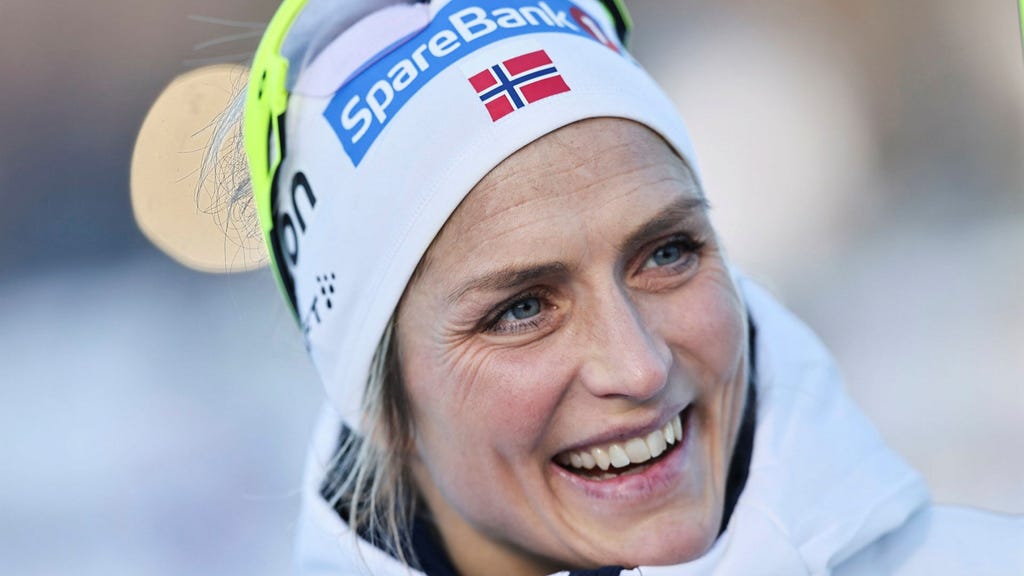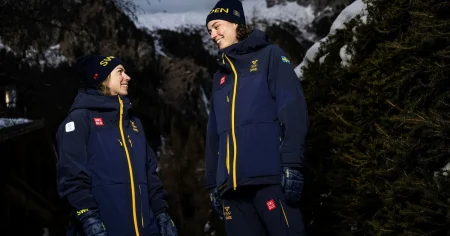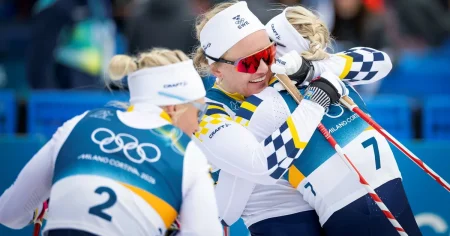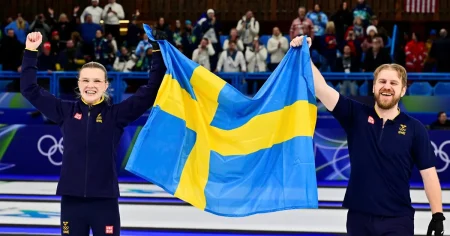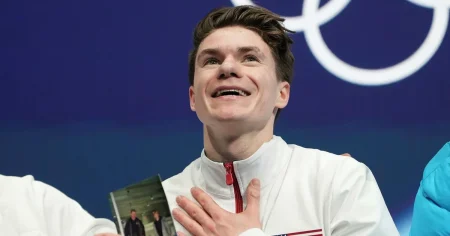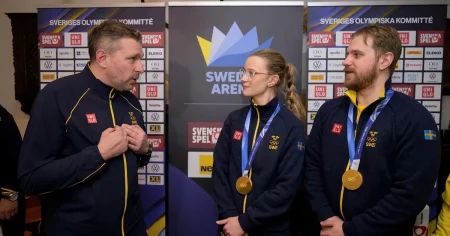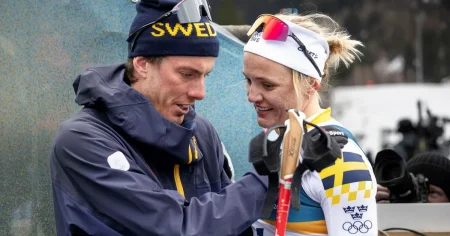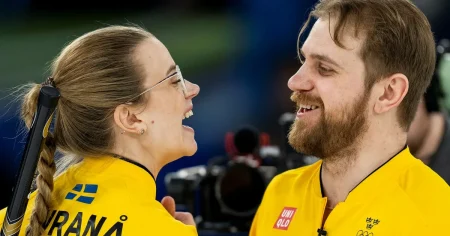Therese Johaug, the undisputed queen of distance skiing, faces a daunting challenge as she prepares for the Tour de Ski, an event that commences with a freestyle sprint in Toblach, Italy. While Johaug reigns supreme in distance events, sprinting has never been her forte. Her last World Cup sprint appearance in Ruka, Finland, back in 2020, saw her finish at the bottom of the pack among those who qualified from the prologue. This less-than-stellar sprint history understandably fuels her apprehension as she approaches the Tour’s opening race. Her nervous laughter and exclamation, ”Oh God! I’m scared,” in a pre-race press conference reveal the pressure she feels participating in a discipline outside her comfort zone. Despite her apprehension, Johaug’s commitment to the Tour de Ski underscores her dedication to preparing for the upcoming World Championships in Trondheim, Norway.
Initially, Johaug planned to bypass the Tour de Ski. However, the veteran skier, at 36 years old, recognized the crucial need for more competitive races to fine-tune her form and strategy before the World Championships, her primary target for the season. This realization prompted a reassessment of her training plan, leading to the decision to participate in the grueling seven-stage tour. The decision to compete in the Tour de Ski wasn’t taken lightly. Johaug carefully weighed the advantages and disadvantages, considering the potential strain on her body against the valuable race experience it offered. The two-month gap between the end of the Tour and the start of the World Championships provided a crucial factor in her decision-making process. This period allows ample time for recovery and recuperation from the demanding Tour, minimizing the risk of fatigue affecting her performance at the World Championships. Moreover, the extended timeframe provides a safety net in case of illness during or after the Tour, allowing her to fully recover and be at her peak for the home-ground advantage at the World Championships.
Johaug’s participation in the Tour de Ski highlights the vital role this event plays in an athlete’s preparation for major championships. It offers an intense training ground and a competitive environment to test strategies, refine techniques, and build endurance. For Johaug, the Tour provides a unique opportunity to gain valuable race experience and assess her current form against top competitors, information she can leverage to optimize her training and preparation for the World Championships. Her decision also underscores the meticulous planning and strategic thinking that goes into an elite athlete’s training regime, where every competition is viewed as a stepping stone towards a larger goal.
The Tour de Ski, with its varied terrain and challenging stages, presents a demanding test for even the most seasoned skiers. The inclusion of a sprint stage, a discipline where Johaug isn’t as dominant, adds another layer of complexity to her participation. It forces her to step outside her comfort zone and confront a weakness, demonstrating her willingness to embrace challenges and push her boundaries. This approach highlights her commitment to continuous improvement and her relentless pursuit of excellence, even in areas where she’s not inherently as strong. While the sprint stage presents a particular challenge, it also offers an opportunity for growth and development. By competing against the best sprinters in the world, Johaug can gain valuable experience and potentially identify areas for improvement in her technique and strategy.
Beyond the individual challenge, Johaug’s participation in the Tour de Ski also carries broader implications for the Norwegian ski team. As a leading figure in the sport, her presence elevates the profile of the event and inspires younger skiers. Her willingness to compete in a challenging event despite her known weakness in the sprint discipline sets a powerful example of resilience and determination for aspiring athletes. Moreover, her performance in the Tour can offer valuable insights to the coaching staff regarding her current form and potential areas for improvement ahead of the World Championships. This information can then be used to fine-tune the team’s training plans and strategies to maximize their chances of success on home soil.
In conclusion, Therese Johaug’s decision to participate in the Tour de Ski is a strategic move driven by a desire to achieve peak performance at the upcoming World Championships. While the sprint stage presents a significant challenge, she embraces it as an opportunity for growth and a crucial part of her preparation. Her participation underscores her unwavering commitment to excellence, her strategic approach to training, and her unwavering determination to succeed on the biggest stage. It also highlights the importance of the Tour de Ski as a key event in the ski racing calendar, offering athletes a testing ground to hone their skills and prepare for major championships. Johaug’s journey through the demanding stages will be closely watched by fans and competitors alike, eager to see how the distance queen navigates the challenges and emerges stronger, ready to conquer the World Championships in her home country.





